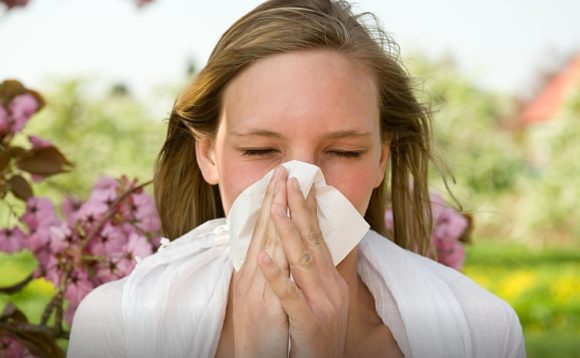
The spring season is welcomed by many of us for different reasons. But a New Jersey allergy expert says spring also has a down side: Allergies.
Tree pollen comes first. Rutgers University allergy specialist Leonard Bielory explains that “each tree releases pollen in their own time, usually over a period of two to three weeks.”
Allergy season in the state usually starts around March 1. This is when there is more sunlight and higher temperatures.
“Those are two key factors for trees to start priming themselves for the release of pollen,” he said.
Bielory says abundant precipitation near winter’s end means pollen counts will be high.
“This year, we actually started seeing pollen at the end of February and then it lulled and then it peaked again,” he said.
“Knowing that we’ve had an incredible stature and precipitation and more so this this year, we’re going to have a very high, abundant pollen season especially for trees and grasses.”
He suggests allergy sufferers pre-medicate with oral antihistamines. But once your allergies create nasal congestion, your specialist may suggest intra-nasal steroids.
Shut windows on days when pollen counts are high.
Avoid using window fans that may draw pollen inside.
Also, limit outdoor activity when pollen counts are high.
Editor’s Note: This article originally appeared on NJ101.5.

